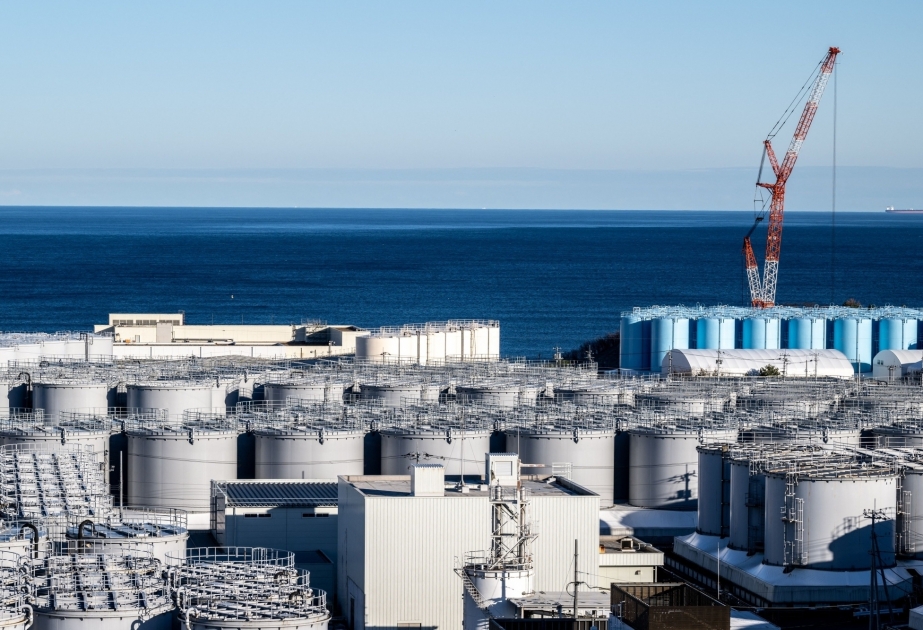Japan on Wednesday started its fourth round of release of nuclear-contaminated wastewater from the crippled Fukushima Daiichi Nuclear Power Plant into the Pacific Ocean, despite opposition among local fishermen, residents as well as backlash from the international community, according to Xinhua.
As Tokyo Electric Power Company (TEPCO), the plant's operator, started discharging the radioactive wastewater at around 11:11 a.m. local time, opposers deemed such intentional spreading of radioactive substances unacceptable for a long-term environmental impact.
Similar to the previous three rounds, about 7,800 tons of wastewater, which still contains tritium, a radioactive substance, will be discharged over about 17 days.
For the fourth round onwards, TEPCO said it will skip the step of temporarily storing treated water in large tanks to confirm tritium concentration before release, adding that samples of diluted treated water will be collected during the discharge operation instead, and its concentration will be measured once daily.
Wednesday's release marked the final discharge for the fiscal year 2023 ending in March, bringing the total amount for the fiscal period to approximately 31,200 tons of the wastewater stored in tanks at the nuclear plant in the northeastern Japanese prefecture.
For fiscal 2024 starting from April, TEPCO in January announced its plan to release around 54,600 tons of nuclear-contaminated water from the facility into the ocean in seven rounds, which contains about 140 trillion becquerels of radioactive tritium.
Japanese fishermen have long opposed the discharge, while distrust and anger toward the government and Tokyo Electric Power Company have been mounting among the public.
Chiyo Oda, a resident of Fukushima's Iwaki City, stated that "the intentional spread of radioactive substances" in the ocean discharge of nuclear-contaminated water is "unacceptable," adding that the recent powerful 7.6-magnitude earthquake that struck the Noto Peninsula has raised concerns about the safety of nuclear power plants.
"As someone who lived through the Fukushima nuclear disaster, I believe that people should no longer have to go through radiation hazards," she said.
Also starting on Wednesday, TEPCO will attempt to investigate the containment vessel of No. 1 reactor using drones and robots to discuss methods for removing melted nuclear debris.
Considered the biggest challenge in the decommissioning of the Fukushima plant, the extraction of nuclear fuel debris from the containment vessels of No. 1 to No. 3 reactors has yet to begin nearly 13 years after the accident, with no end in sight for the discharge of nuclear-contaminated wastewater.















